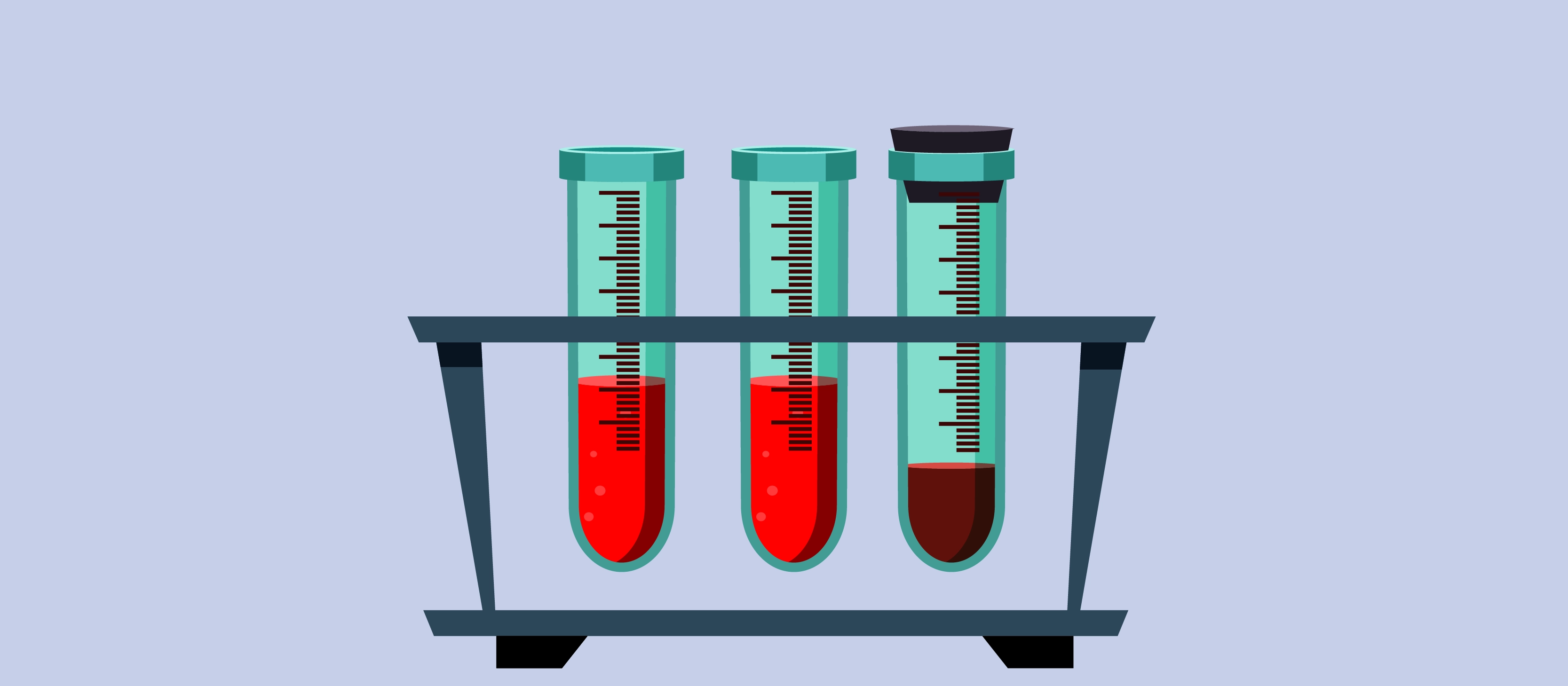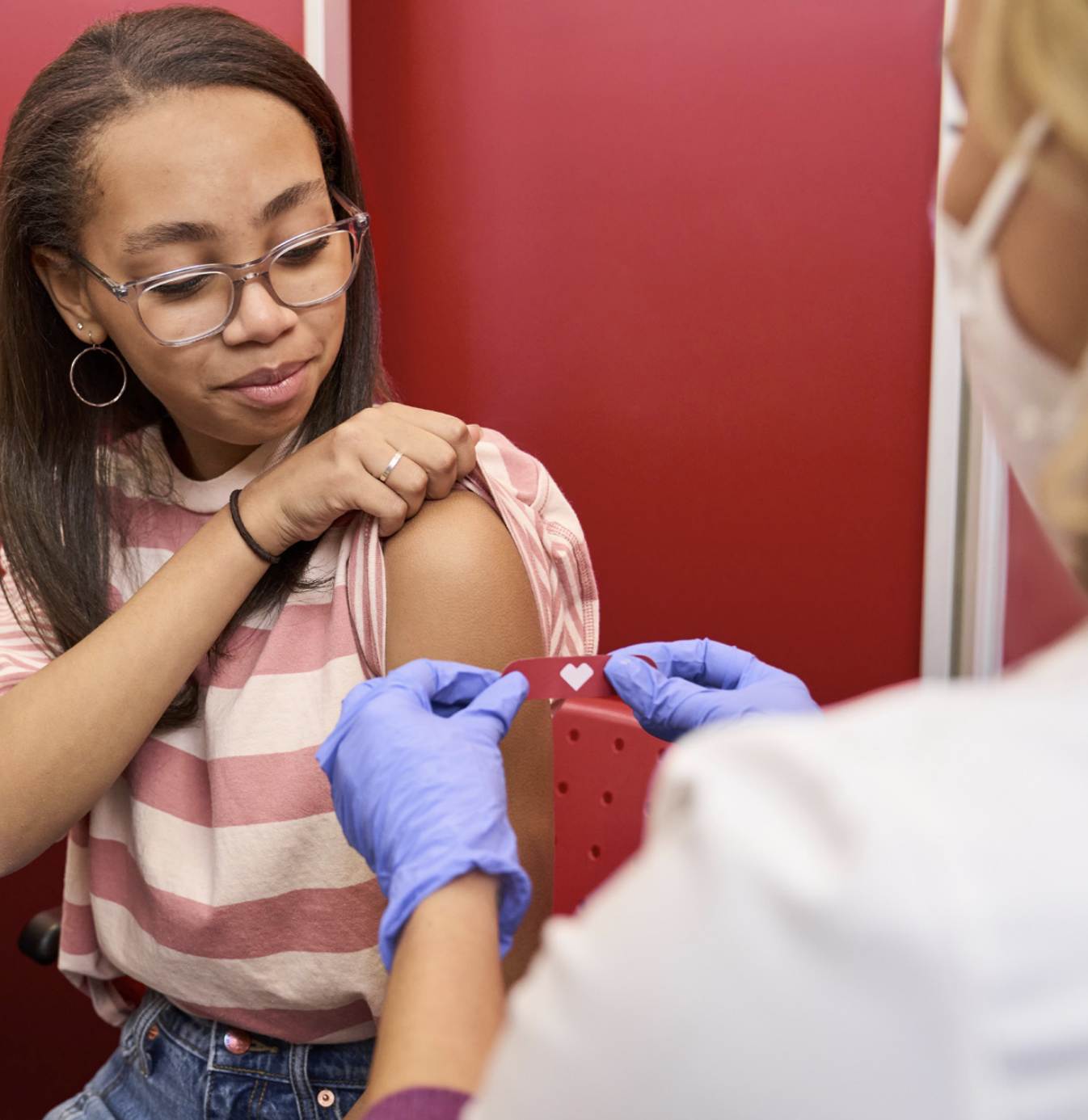What’s the Buzz
The Bee Healthy Blog
Antibody Titer Tests: Purpose & Procedures Explained

-
Titer tests measure antibodies in the blood to check for immunity from past infections or vaccinations. They help determine if you're fully immune, need a booster shot, or may have an autoimmune condition.
-
These tests are useful in various situations such as verifying vaccine effectiveness, meeting school or job requirements, checking travel readiness, or clarifying immunity when medical records are missing.
-
Titer tests aren’t always fully reliable after vaccination. Low antibody levels may not mean you're unprotected, and in many cases, getting another vaccine dose is safer and more cost-effective than testing.
You may have heard about a titer test, which might be necessary for school or employment. Additionally, your primary care provider might recommend specific blood titers if you are planning to travel to certain destinations. There are several reasons why a blood titer test can be beneficial for you. This blood test checks for antibodies in your blood to see if you’re protected against certain diseases. Whether you’re unsure of your vaccination history or just want to avoid unnecessary shots, a titer test can offer helpful insight into your immune status. Read on to learn the purposes of titer tests, when you might need one, and what your results really mean.
What Is A Titer Test?
An antibody titer test is a blood test that detects the presence and levels of antibodies in your blood sample. It is also called an antibody test, antibody serum test, or serology testing.
Titer tests determine immunity by detecting or measuring antibody levels in your blood. Antibodies, also called immunoglobulins (IGs), are proteins made by the immune system to fight infectious diseases.
Disease-causing germs such as bacteria, viruses, and fungi are known as pathogens. These germs have markers on them that are called antigens. Antibodies detect and bind to these antigens.
You have specific antibodies in your blood after a past infection by a pathogen or after you receive a vaccine against specific infectious diseases. This means that each antibody can bind to only one specific antigen.
The diversity and amount of antibodies in your blood correspond to the strength of your immune response against various pathogens.
How Do Antibodies Fight Against Germs?
Pathogens are harmful agents that include bacteria, viruses, fungi, and other toxins, all of which have specific markers on their surfaces called antigens. Antibodies are proteins produced by the immune system that can detect and bind to these antigens.
When antibodies bind to antigens, they mark the pathogens for destruction.
In summary, our immune system generates antibodies to target and eliminate harmful substances before they can cause an infection.
What Is the Purpose of a Titer Test?
Your healthcare provider may order an antibody titer test to check:
-
If you currently or recently have an infection, or you’ve had certain infections in the past.
-
Your vaccination status in your medical records is not complete.
-
The need for a booster shot.
-
Vaccine effectiveness (whether immunization has triggered a strong enough response and antibody level to protect you against a disease).
-
Whether your immune system has developed antibodies against your own tissues, possibly indicating an autoimmune disorder such as lupus or rheumatoid arthritis.
Titer vs. Vaccine
A vaccine contains an antigen (weakened or inactive portion of a bacteria or virus) that triggers the immune system to form antibodies against that germ. A titer test measures the level of antibodies in your blood after you have been vaccinated.
What Do Titer Tests Check For?
Titer tests check for certain antibodies against pathogens, such as:
-
Viruses that cause liver inflammation, including:
-
Hepatitis B virus
-
Hepatitis C virus
-
Varicella-zoster virus (which causes chickenpox and shingles)
-
Rabies virus
-
Measles, mumps, rubella (MMR) immunity test
-
TDAP immunity test (tetanus, diphtheria, pertussis)
-
Neisseria meningitidis (a bacterium that causes meningococcal diseases like meningitis and septicemia)
-
SARS-CoV-2 virus (which causes COVID-19)
When Would You Need A Titer Test?
1. Verifying Immunity After Vaccination
Your healthcare provider may order an antibody titer test after you have been vaccinated to evaluate if the vaccine is effective and is providing enough protection.
2. School or Employment Requirements
Some schools or workplaces require proof of vaccination or past infection for public health safety reasons.
3. Incomplete Medical Records
If you’re not sure whether you’ve had a specific disease and your vaccination history is not available, an antibody titer test can help determine your vaccination status.
4. Travel-Related Needs
A titer test, for example, a rabies-neutralizing antibody titer test, may be required before international pet travel. This test ensures the animal has adequate protection against rabies and is free of viral infection, so they don’t infect local animals in the destination country. The Centers for Disease Control and Prevention (CDC) requires rabies serology testing before you can import dogs from high-risk countries.
5. Checking Immunity After Infection
If you’ve been previously infected with a pathogen, an antibody titer test can check if you have sufficient immunity against that pathogen or require immunization to boost immunity.
6. To Rule Out Certain Infections
A negative titer test (absence of specific antibodies) can help rule out certain infections.
The Titer Testing Procedure
There is no special preparation for a titer test. To perform an antibody titer test, lab personnel will draw blood and check antibody levels in your blood sample. You may feel a slight pinch or sting when you have the blood drawn. There can also be some minor bruising and discomfort at the puncture site, which is temporary.
Understanding Test Results
-
Positive test result (antibodies to a specific pathogen were found). This means you either had an infection before or have been vaccinated against a specific disease.
-
Negative test result (antibodies to a specific pathogen were not found). This means you have not had an infection before and have not been vaccinated against the disease.
-
Low levels of antibodies were found. This means that an earlier vaccination is not providing you enough protection against a disease and you may need a booster shot.
-
Autoantibodies were found. This means you have antibodies that attack healthy tissues in your body. It can point towards an autoimmune disease.
Quantitative vs. Qualitative Titers
Quantitative titers have a numerical value and indicate the amount of antibodies present. Qualitative titers simply indicate immune vs. non-immune. If you are getting antibody titer testing done to meet school or travel requirements, make sure you get quantitative titers if numerical values are requested, or they may ask you to repeat the test.
How Long Are Titer Results Valid For?
The validity of titer test results depends on the specific disease. Some titers are valid no matter when they were checked, for example, measles, mumps, and chickenpox.
Other antibody levels can drop over time, such as hepatitis B, for example, and your healthcare provider may recommend checking an antibody level again if there are medical concerns.
Some titer test results are valid until the next vaccination is due, for example, pet rabies vaccines, which are valid for 1, 2, or 3 years.
Note: Antibody titers should be drawn at least 6-8 weeks after vaccination because it takes the body time to build immunity. If the test is done too soon after getting a vaccine, it may show a false negative (non-immunity).
Are Titers Reliable?
Titers are not 100% accurate. The levels of antibodies are highest in patients who have been recently exposed to the disease naturally. Titer tests are less sensitive in detecting the post-immunization antibody response. This means you can get a lower reading even though you are not susceptible to a disease after vaccination.
In many cases, it’s simpler just to get another dose of the vaccine, for example, the MMR vaccine. This saves time and money on titer testing. The MMR vaccine is safe, even if partial immunity is already present.
If you’re not sure about the need for titer testing, talk to your healthcare provider about potential benefits versus risks.
Titer Test Costs
How Much Does A Titer Test Cost?
The cost of individual titer tests ranges from $59 to $109. You may be able to save some money by requesting a titer panel for a group of diseases, such as hepatitis A, hepatitis B, MMR, and varicella for $149 to $179.
Are Titer Tests Covered By Insurance?
Insurance may cover the cost of a titer test if it is requested by your healthcare provider and is deemed medically necessary.

Schedule a vaccination
You have options when it comes to getting vaccinated. CVS Pharmacy is one option available to you. Verify network coverage with your health insurance plan.
Where Can You Get A Titer Test?
Labcorp
Labcorp OnDemand offers various lab tests without a doctor’s prescription. For example, you can get an MMR immunity test to check your immunity to measles, mumps, and rubella for $129 and a TB blood test for $149.
Quest Diagnostics
Quest Diagnostics offers in-home sample collection through Quest Mobile for a range of laboratory tests, including titer tests. For example, an autoimmune screening test (ANA) costs $112, and a rheumatoid arthritis test costs $110.
Urgent Care
Urgent care clinics typically offer a variety of lab tests, including antibody titer tests.
CVS
CVS MinuteClinic offers antibody titer tests to check for previous infections and assess immunity levels.
References:
-
https://www.mountsinai.org/health-library/tests/antibody-titer
-
https://www.ucsfhealth.org/medical-tests/antibody-titer-blood-test
-
https://my.clevelandclinic.org/health/diagnostics/22751-tuberculosis-tb-test
-
https://www.mayoclinic.org/tests-procedures/covid-19-antibody-testing/about/pac-20489696
-
https://www.questhealth.com/shop?srsltid=AfmBOoqGcV070oFOqZXGswWfChfpVfrenZoeudS6EaC85KjCkxvxWf6A
-
https://www.southshorehealth.org/wellness/blog/do-adults-need-measles-titer-check

SOCIAL